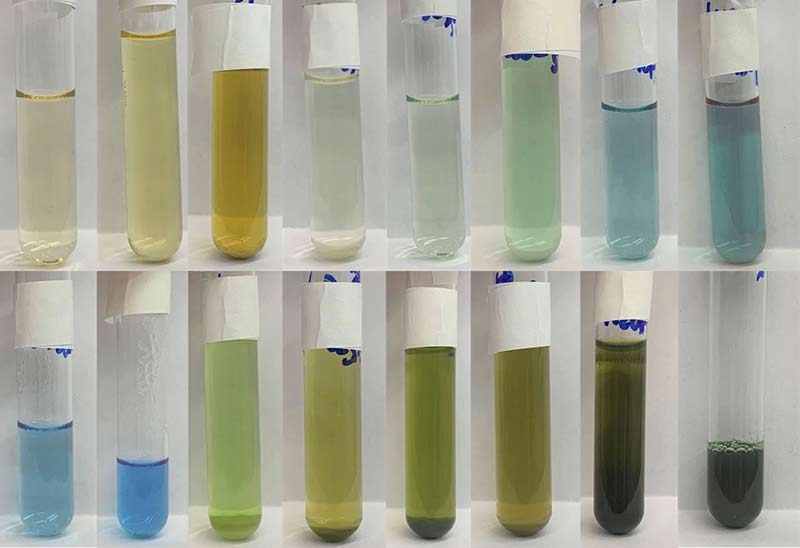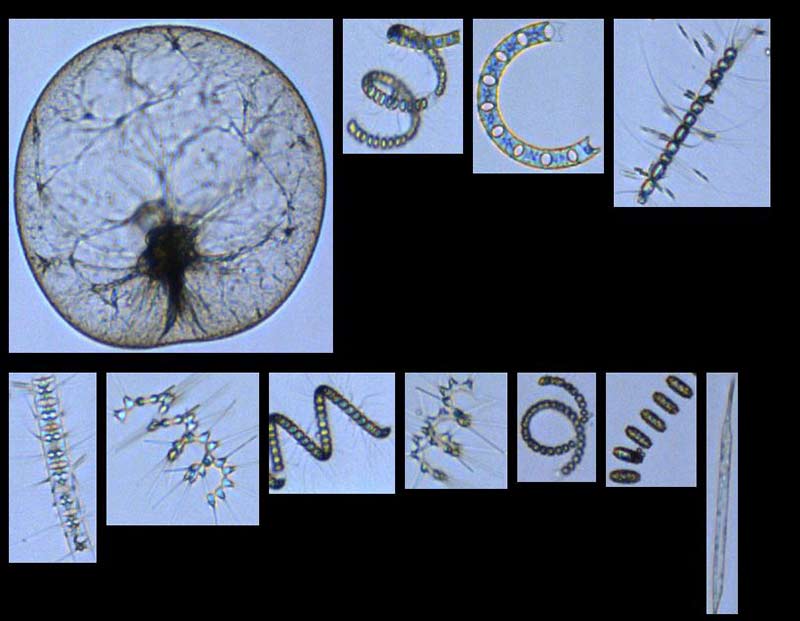Aquatic Toxicology
We do tests that help to make sure water treated by wastewater treatment plants meets compliance permit limits. We test lake samples to protect the public and pets from toxic algae blooms and we track the phytoplankton living in the Puget Sound.
Treatment plant permit testing
Wastewater treatment plants need to meet National Pollution Discharge Elimination System (NPDES) permit criteria to do their work. We do tests that help to make sure water treated by wastewater treatment plants meets these NPDES permit limits.

Washington State Sediment Management Standards
Another important set of rules that helps to keep our environment healthy are the Washington State Sediment Management Standards . When pollutants enter our lakes, rivers, and Puget Sound, they can sink to the bottom where they become part of the sediments. Plants and animals that live in or near the bottom (like clams and fish) can get sick from too much pollution and people that eat them can also get sick. We do tests that measure how safe sediments collected from lakes and Puget Sound are for the plants and animals that depend on them to live.
Algae toxin testing
We also do tests called enzyme linked immunosorbent assays (ELISA) that measure toxins produced by certain kinds of algae. Some algal blooms make toxins that can kill fish, mammals (like seals and dogs) and birds, and can cause people to get sick or even die in serious cases. When an algal bloom causes problems like these, it is called a harmful algal bloom (HAB). Our tests measure how safe lakes and ponds are for swimming and fishing.

Marine phytoplankton monitoring
We use a state-of-the-art instrument, called a FlowCAM, and microscopy to analyze samples from Puget Sound for phytoplankton. These tiny marine plants and animals are the base of the marine food web. Our long-term dataset helps us to see changes in these communities over time. Some of these changes can alert us to possible problems in the marine environment. View and download the data.

We participate in Washington State Department of Ecology’s algae toxin monitoring project. Health departments and citizens from all over Washington send in samples from their local lakes and ponds to be tested for algal toxins. For more information on this program or to submit a sample for testing, please visit www.nwtoxicalgae.org.
 Translate
Translate